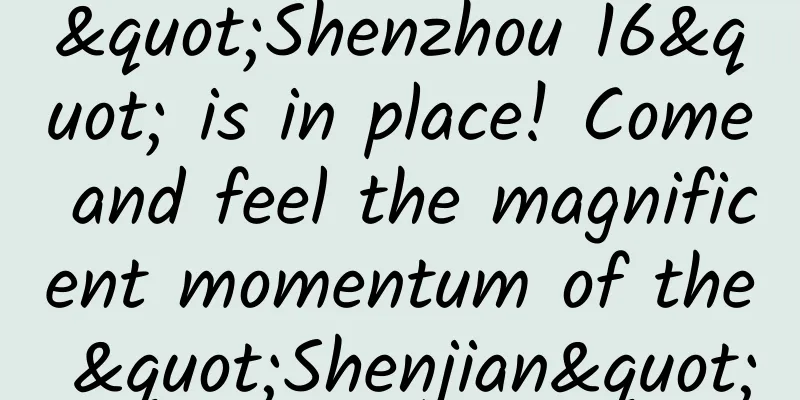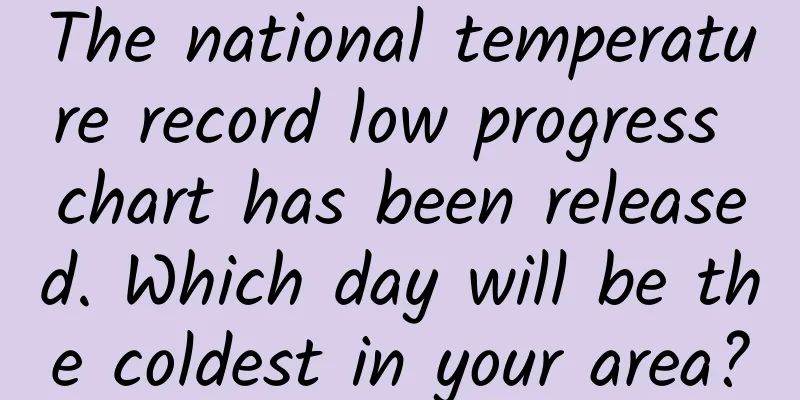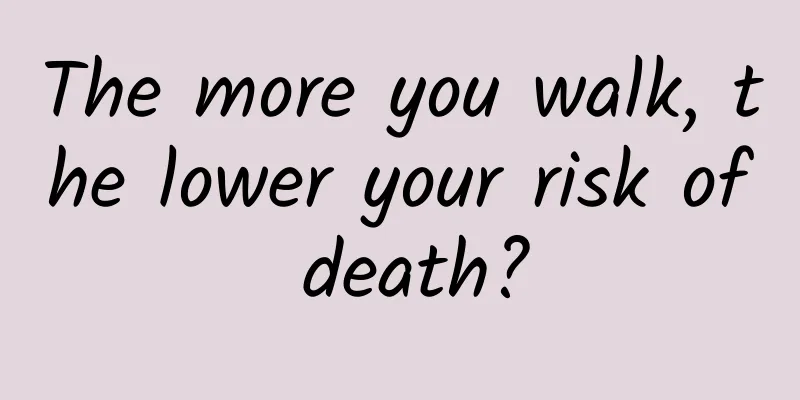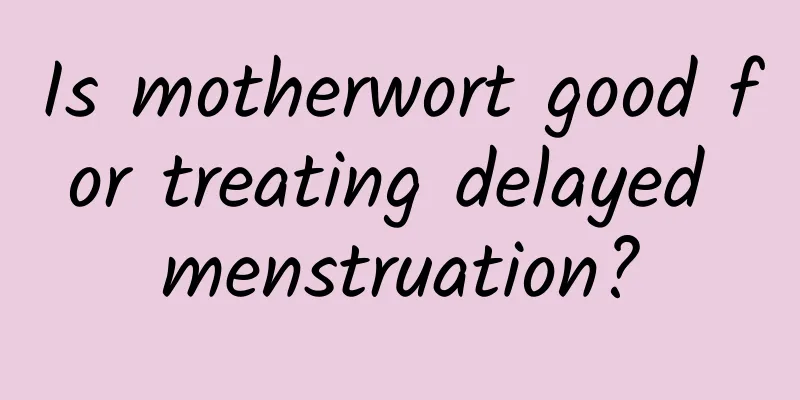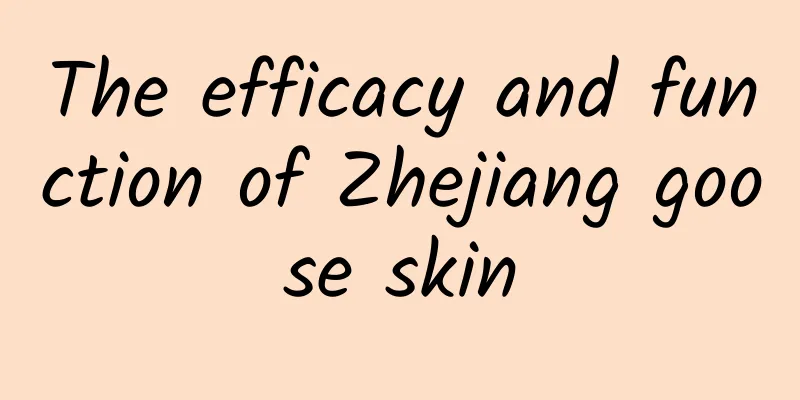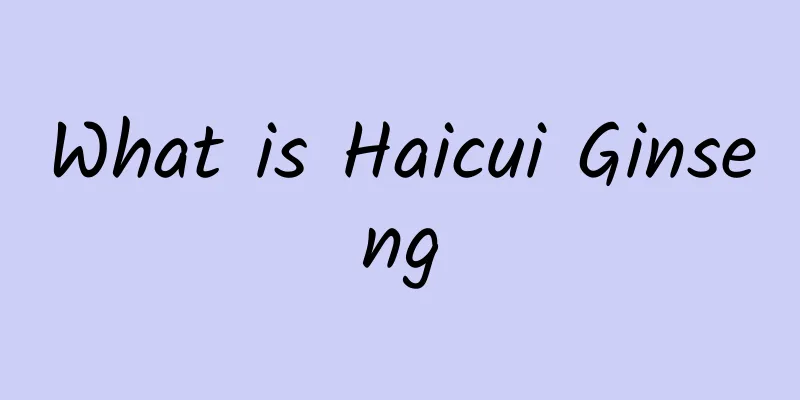Infinite Monkey Theorem: Monkeys, Typewriters, and the Secret of the Universe
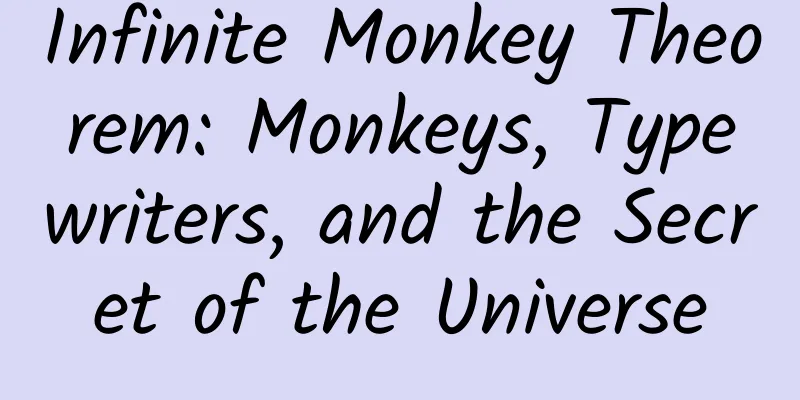
|
Imagine if a group of monkeys randomly typed on typewriters, over time, would they be able to type out a Shakespeare play? Or, more specifically, could they type out any book in the Bibliothèque nationale de France? This is the question explored by the famous "infinite monkey theorem". This theorem is not only an interesting concept in probability theory and statistics, but also a profound challenge to our understanding of probability and randomness. The infinite monkey theorem comes from a 1909 book on probability by Borel, which introduces the concept of "typing monkeys". The theorem is an example of one of Kolmogorov's zero-one propositions in probability theory. The theorem states that an infinite number of monkeys will produce a given text in an infinite amount of time. There are no two infinite things, one monkey typing infinitely many times is enough to type any text, and an infinite number of monkeys can produce all possible texts instantly. He pointed out that even if there were a million monkeys typing for 10 hours a day, it would be almost impossible for them to type exactly the same text as any book in the world. However, if time were extended infinitely, in theory, the monkeys would eventually be able to type any given text. Mathematically, the infinite monkey theorem can be explained using probability theory. Suppose there is an infinite amount of time and an infinite number of monkeys, each of which randomly types on an infinite number of typewriters. Since the time is infinite, each monkey has an infinite number of opportunities to try every possible combination of letters. Therefore, in theory, they will eventually be able to type any specific text, including an entire library of books. The key to this theorem lies in the concept of "infinity". Under finite conditions, the probability that a monkey will type a specific text is actually zero. However, when the conditions become infinite, even extremely small probabilities will accumulate to the point where it is almost certain to occur. Although the infinite monkey theorem is valid in theory, it has also aroused the curiosity of scientists. In 2003, scientists from Paignton Zoo and Plymouth University in the UK decided to verify this theorem through experiments. They put a computer keyboard into a cage with six long-crested chimpanzees and observed them for a month. What was the result? The apes did not type any meaningful text. Instead, they typed out five pages of gibberish, mainly long strings of the letters "g," "s," and "q." Even more interesting, they threw rocks at the keyboard and even defecated on it. Although the results of this experiment are ridiculous, they also verify Borel's point of view to a certain extent: under limited conditions, the probability of monkeys typing meaningful text is very low. The infinite monkey theorem is not just a math or science problem, it also touches on the realm of philosophy. The theorem raises deep thoughts about randomness, probability, and the nature of the universe. For example, it makes one think, if the universe is infinite, then is it possible that there is another planet with a person exactly like you, living exactly the same life as you? In addition, this theorem also challenges our understanding of "creation" and "accident". If monkeys can really type a Shakespeare play, does this mean that art and culture can be generated by purely random processes? These questions are still hot topics of discussion in philosophy and science. Although the infinite monkey theorem sounds like a purely theoretical problem, it also has practical applications in modern science and engineering. For example, in cryptography, this theorem is used to show why randomly generated passwords are difficult to crack. In computer science, it is also used to discuss the randomness and efficiency of algorithms. In addition, this theorem has inspired research in artificial intelligence and machine learning. If monkeys' random tapping can produce meaningful text, can machines also learn complex tasks through random attempts? These questions are driving the development of the field of artificial intelligence. The infinite monkey theorem is a fascinating concept that challenges our understanding of probability and randomness. While in reality, it is almost impossible to get a monkey to type meaningful text, this theorem theoretically demonstrates the power of infinite time and infinite attempts. It is not only an interesting topic in mathematics and science, but also a profound metaphor in philosophy and daily life, reminding us that even the most unlikely events can happen under infinite conditions. |
<<: The body accumulates mutations throughout life. Could this be the cause of aging?
Recommend
Numb hands and headache? It's not because of lack of rest! It's probably a stroke!
Hand numbness is quite common in our daily life. ...
What are the Chinese medicine prescriptions for nourishing the kidney?
Kidney deficiency is a problem that causes headac...
The efficacy and function of Liangwang tea
Traditional Chinese medicine is very helpful in t...
The efficacy and function of pig ear palm
Do you know what pig ear palm is? If you know, do...
What are the medicinal values of truffles?
Truffle is a fungus that can also be eaten as par...
The efficacy and function of Delphinium spicata
Delphinium truncatum is a traditional Chinese med...
AI consciousness has "awakened", but humans are still kept in the dark?
We need AI to be smarter, not conscious. Without ...
The efficacy and function of Sichuan Alnus
With the development of society and the close int...
The efficacy and function of Quanguangju
Speaking of Quanguangju, many people know that it...
The efficacy and function of Xiaguoteng [picture]
The nutritional value of the Chinese medicine Xia...
What are the benefits of drinking dried houttuynia cordata in water?
Nowadays, many people's lives are very busy, ...
The effects and functions of ivy
Ivy is a kind of traditional Chinese medicinal ma...
Can drinking bone soup really supplement calcium?
In the topic of children's growth and develop...
The efficacy and function of the white juice between the bark of paper mulberry
In daily life, people are not only very familiar ...

